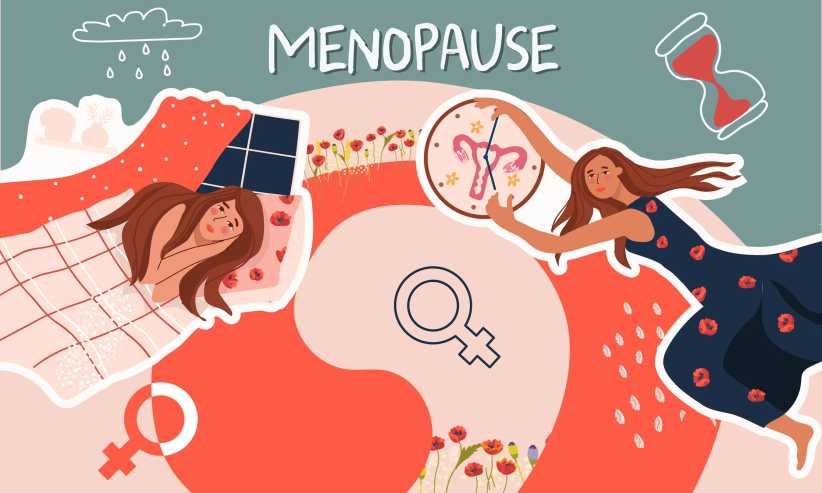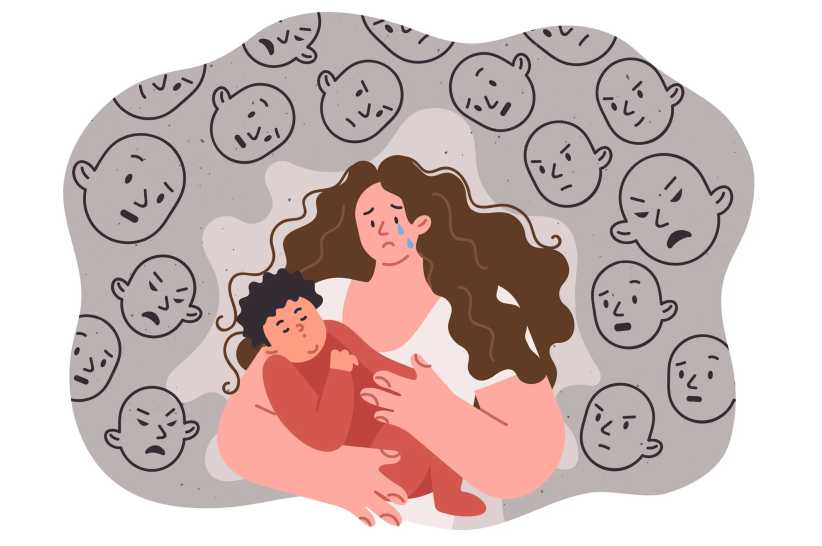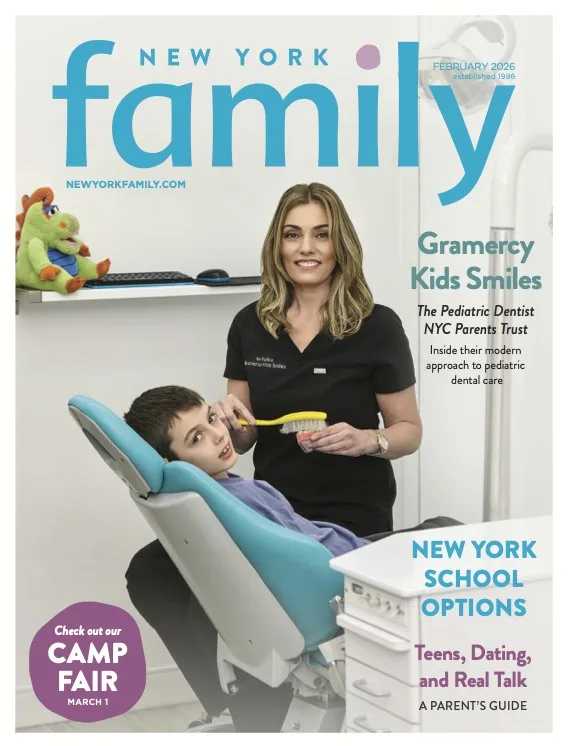
Halloween Safety Tips from a New York Allergist — and Food Allergy Mom
Halloween is supposed to be all fun and candy, but for parents of kids with food allergies, it can also bring a lot of stress. Few people understand that balance better than Dr. Zoya Treyster, a White Plains allergist at Latitude Food Allergy Care and a mom whose own child has food allergies.
Before joining Latitude, Dr. Treyster worked at Uptown Pediatrics, served as an Assistant Professor at Mt. Sinai, and was Associate Medical Director of the Pediatric Asthma Center at the Children’s Hospital at Montefiore. With years of experience treating allergy patients across New York, and plenty of firsthand experience as an allergy mom, she knows exactly what it’s like to balance safety, fun, and a bag full of mystery candy.
We chatted with Dr. Treyster about how to make Halloween both fun and safe for kids with food allergies, the common mistakes parents can avoid, and how new treatment options are giving families more freedom than ever.
Psst… Check Out Your 2025 Halloween Guide: All Things Halloween in NYC and Beyond
Q: You’ve spent years helping families manage allergies, but you’re also a food allergy mom yourself. How has your personal experience shaped the way you approach your work as an allergist?
I was an allergist before I was a mom, but my son’s food allergy changed things for me as a doctor. I am now more bullish than ever on treatment options for food allergies. Simply avoiding foods that can make us sick shouldn’t be our answer when treatment options exist.
My son was one and a half when he first had an allergic reaction to cashews. It’s unsettling for any parent to see their child break out in hives, but I had the benefit of being an allergist and understood that the reaction was mild and not anaphylaxis. Shortly after that first reaction, I put him on oral immunotherapy for his cashew allergy.
A lot of parents come in asking, “How would you treat your own kid?” That’s really easy for me to answer because I’ve walked that path myself. I think it also makes me better at navigating some of the harder, more practical aspects: How do you get your kid to eat the food? What do you do when they’re resistant? I’ve become very good at addressing these challenges because I have to do it in my own life. And I have the emotional understanding of what it’s like to move through life with a kid with food allergies.
Now, years later, I feel relief watching my son eat a few cashews — something he never would have been able to do if he just “avoided” the food early on. As an allergy mom and someone who works with allergy patients and their parents every day, I know just how anxiety-inducing food allergies can be. I’m grateful for that perspective.
Q: How do you prepare your child (and others around you) for trick-or-treating or school celebrations to make sure everyone stays safe?
At my house, we always save the candy until we get home. Costumes, lighting, and running fast all make reading labels tricky and may make it harder to notice a food allergy reaction immediately. The safest plan is to check all candy at home before any is eaten.
I always tell my patients to pack two epinephrine injectors while they’re out trick-or-treating and bring a strong flashlight to help spot any signs of a reaction. Different versions of a familiar candy can have surprise ingredients, and the smallest sizes popular for Halloween don’t always have ingredients listed on the package, so take the time to check each one. Candy that your child can’t safely eat doesn’t have to be a bummer. You can also set up a Switch Witch to swap it out for stickers, toys, or other allergen-free treats, or donate unopened candy to organizations like Treats for Troops or the Ronald McDonald House.
Q: Are there any common misconceptions or mistakes when managing food allergies during the holidays?
Parents (and older kids, too) can sometimes let their guard down during the season. It’s a time of joy and celebration, and it can be easy to forget the basics like checking food labels or bringing emergency allergy medication.
I also think it’s essential to flip the script with kids. Focus on what they can have versus what they can’t. For example, emphasize all the joy the holidays bring and all the celebrations they can participate in, rather than dwelling on what’s off-limits.
Q: What are some practical safety tips for parents, especially for families new to navigating food allergies?
First, ensure that every caregiver of your child is educated about their food allergy. That can be really tricky, but it’s crucial. I offer parents extra appointments for grandparents, nannies, or other caregivers to teach them what a food allergy is, how to use an EpiPen, and how to avoid allergens. Protecting food-allergic kids really takes a village.
One big misconception I see is that parents use antihistamines like Benadryl or Zyrtec to treat anaphylaxis. I often hear stories like, “It was anaphylaxis, but I gave Benadryl and they were fine, so why can’t I give it again?” That’s dangerous. Antihistamines are not a substitute for epinephrine in a serious reaction.
Also, I want newly diagnosed families to have hope — food allergy care and research is constantly evolving. With food so often at the center of holiday celebrations, it’s an important time to remember that food allergies, especially in young children, can change over time. A diagnosis from last year may be outdated or overly broad. Treats that were off-limits last Halloween could possibly be safe this year. And vice versa: it’s important to discuss the risks of newly diagnosed allergies with your allergist.
For a longer-term solution to make all holidays less scary, proven treatment with oral immunotherapy (OIT) or XOLAIR® can help your whole family celebrate freely, at any age and with any food allergy. In fact, patients who are treated with OIT at Latitude Food Allergy Care reach graduation from treatment in an average of 8.4 months. So a child could start OIT at Halloween and be desensitized by the time they head off to summer camp!
Q: How can parents help their children still feel included and excited about Halloween, even if certain candies or treats are off-limits?
Bring safe candy to swap with your kid(s) while they are trick-or-treating. That way, they can swap for something that they can eat immediately because you know it is safe. One of my new favorite brands to recommend is the Vermont Nut-Free Chocolates. They are made in a nut-free facility and even come in some fun Halloween-themed candy bags.
Another fun way to celebrate Halloween is with the Teal Pumpkin Project, a nationwide initiative led by FARE. It encourages families to make non-food treats available to trick-or-treaters. Stickers, little toys, and mini-games are good non-food choices. At my house, we leave out a basket of candy and a basket of small toys so kids have the freedom to choose what they want — everyone can be included in the fun!
Q: What advice would you give to parents who are feeling anxious or overwhelmed as Halloween approaches?
I want parents to know that it is entirely normal to feel anxious. Halloween can feel like a minefield when your child has food allergies. But with some preparation, you can help your child have a fun and safe celebration!
Dr. Zoya Treyster is experienced in providing specialized care for allergy patients of all ages, including testing, diagnosis, and treatment with oral immunotherapy. She completed her undergraduate and medical school training at George Washington University, her pediatric residency at New York-Presbyterian Columbia, and her fellowship in Allergy & Immunology at Hofstra Northwell. Before joining Latitude, Dr. Treyster worked at Uptown Pediatrics and was an Assistant Professor at Mt. Sinai. She has also previously served as an Assistant Professor at the Children’s Hospital at Montefiore, where she was Associate Medical Director of the Pediatric Asthma Center. In addition to her extensive clinical experience in allergy and immunology, she is also the mother of a young child with food allergies. Latitude Food Allergy Care has multiple offices in New York, including Brooklyn, Manhattan, and White Plains. Dr. Treyster sees patients at the White Plains clinic.
Psst… Check Out Exploring Sleepy Hollow, NY: Halloween Haunts, Attractions, Events & More














